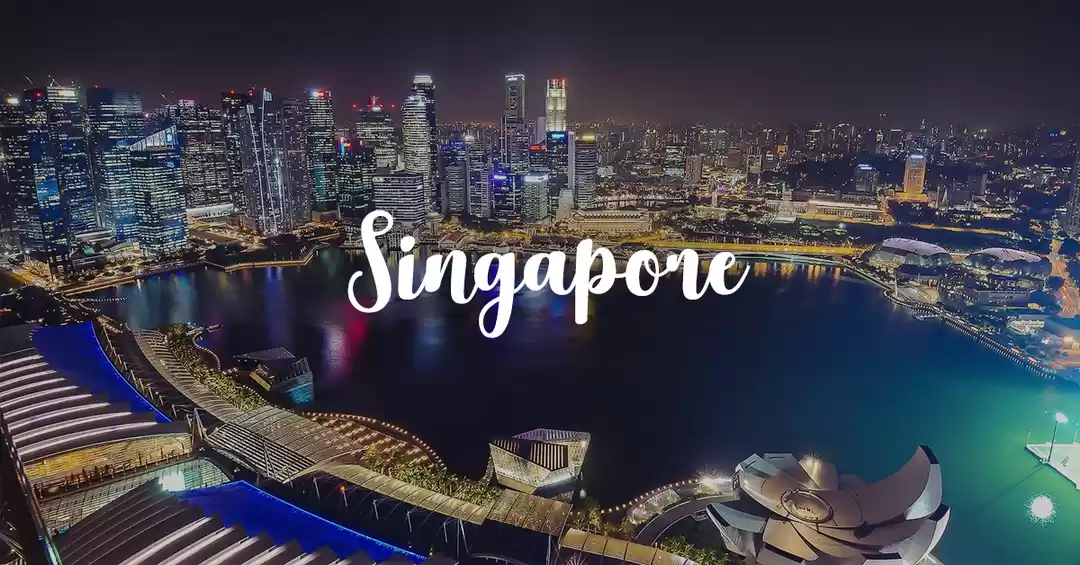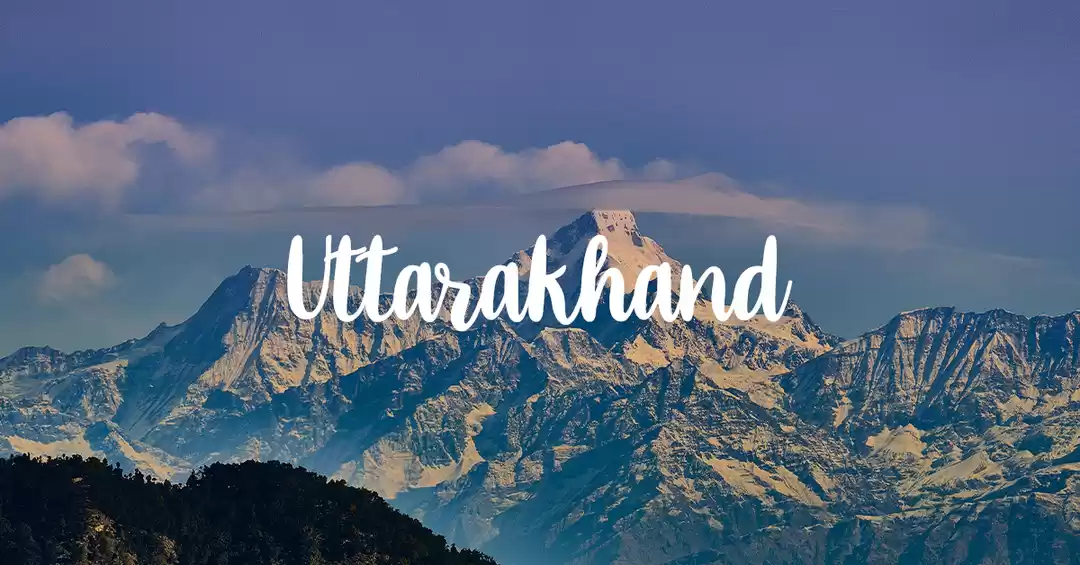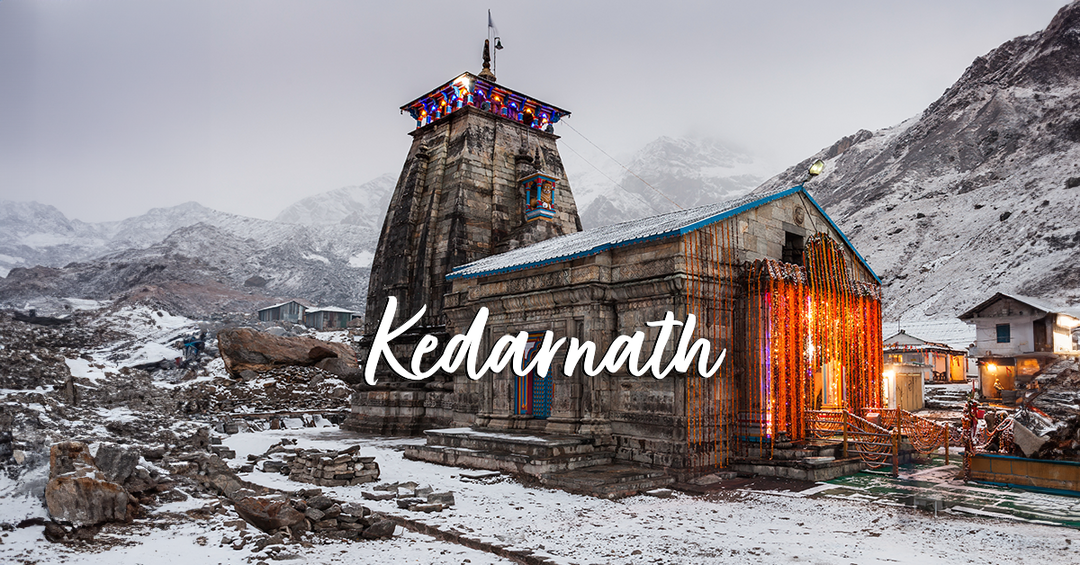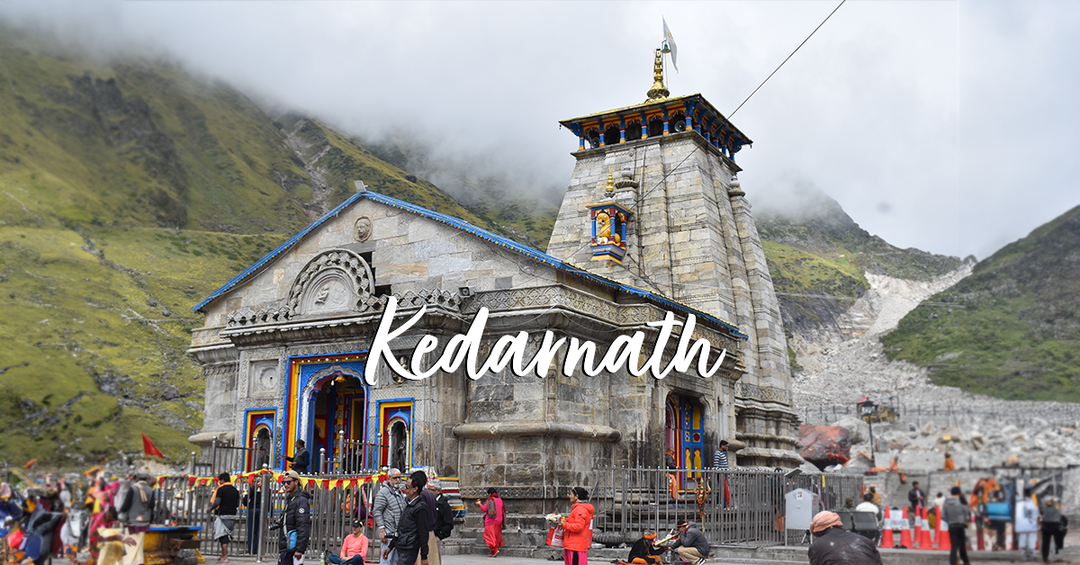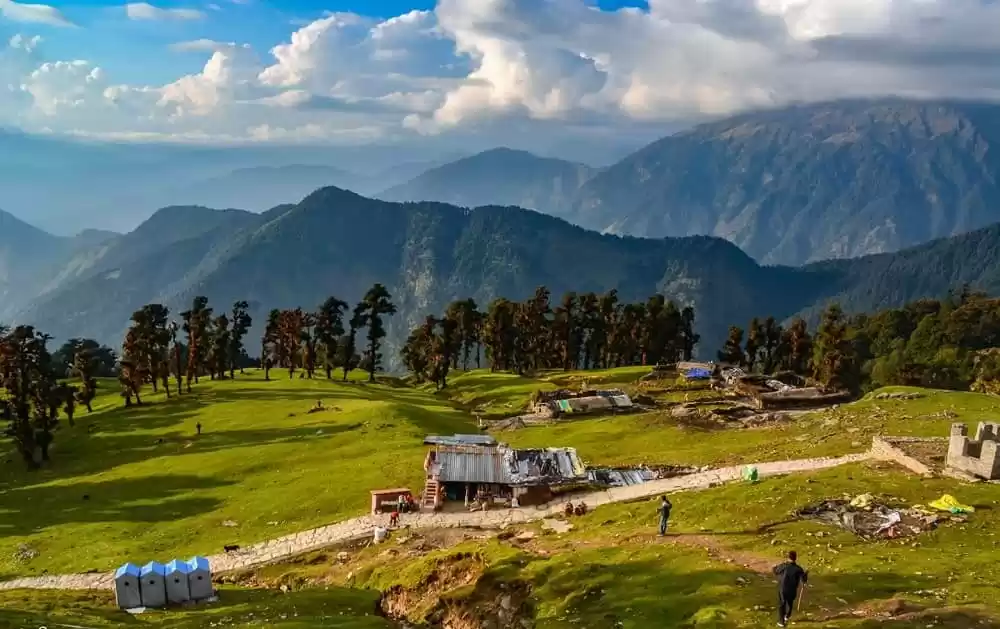
Traveling to a foreign country is an exciting opportunity to explore new cultures, cuisines, and landscapes. However, beneath the allure of adventure lies a complex web of legal considerations that can make or break your trip. From visa requirements to local customs laws, failing to prepare adequately can lead to fines, detention, or even deportation. This article delves into the critical legal precautions every traveler should take before visiting a foreign country, with a particular focus on India, where regulations can be especially stringent. Drawing on insights from thought leaders, we’ll explore permits, medications, digital content, and more, ensuring you’re equipped to travel confidently and legally.
1. Understand Visa and Entry Requirements

The cornerstone of international travel is securing the correct visa. Each country has its own visa policies, ranging from visa-free entry to complex application processes. In India, for instance, tourists typically require an e-Tourist Visa, which must be applied for online before departure. Overstaying a visa, even by a day, can result in severe consequences. As Derek Pankaew, CEO & Founder of Listening.com, warns, “You can be arrested for something you didn’t even know was a law. Like accidentally overstaying a visa because your return flight got rescheduled. Indian immigration doesn’t play around.”
To avoid such pitfalls, research the visa requirements well in advance. Check the official government website of your destination country—such as India’s e-Visa portal—to confirm eligibility, validity periods, and application procedures. Ensure your passport is valid for at least six months beyond your planned departure date, as many countries enforce this rule.
2. Secure Permits for Restricted Areas
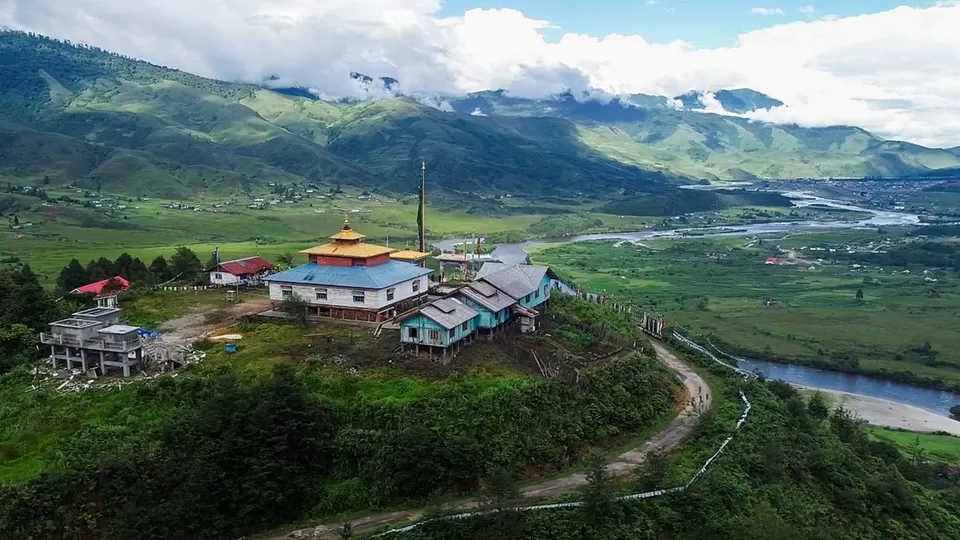
Some countries, including India, designate certain regions as Restricted or Protected Areas due to national security, cultural preservation, or environmental concerns. In India, states like Arunachal Pradesh, Sikkim, and parts of Ladakh require a Protected Area Permit (PAP) or Restricted Area Permit (RAP). Kalim Khan, Co-founder & Senior Partner at Affinity Law, explains, “Venturing into a protected area without the proper permit can lead to legal consequences—detention, fines, or deportation. Indian authorities treat such violations seriously.”
Applying for these permits involves coordination with the Indian Ministry of Home Affairs or an authorized tour operator. The process can take weeks, so plan ahead. For example, trekking in northeastern India or visiting the Andaman & Nicobar Islands often requires group travel and approved itineraries. Check the Indian Ministry of Home Affairs website for the latest list of restricted areas and permit requirements.
3. Carry Prescription Medications with Documentation

Bringing medications abroad can be fraught with legal risks, especially in countries with strict drug laws. In India, even common prescriptions like benzodiazepines or codeine-based painkillers are considered controlled substances. Oliver Morrisey, Owner and Director at Empower Wills & Estate Lawyers, cautions, “Carrying prescription medication without proper documentation can get you into serious legal trouble… Customs officers won’t blink if you have paracetamol, but bring in something like dexamphetamine or alprazolam without the right paperwork and you could end up detained.”
To stay compliant, carry medications in their original containers, accompanied by a doctor’s note or prescription. Lori Leonard, Chief Medical Officer at Mindset & Body Reset, advises, “Check if your medications are legal there—for example, some common sleep medications in the US are restricted in India.” Research India’s drug regulations through the Central Drugs Standard Control Organization and consult your healthcare provider to ensure compliance.
4. Clean Your Digital Devices

Your phone, laptop, or tablet could land you in legal trouble if it contains content deemed objectionable by your destination country. India’s Information Technology Act grants customs officials the authority to inspect digital devices for pornography, blasphemous material, or politically sensitive content. Derek Pankaew notes, “A meme mocking a religious figure? You could end up detained. Even certain books in digital format—like ones critical of government policy—have raised red flags.”
Before traveling, perform a “digital detox.” Delete or archive sensitive files, clear browsing history, and avoid carrying controversial material. While using a VPN is not illegal in India, it may attract scrutiny in some regions. Familiarize yourself with local cyber laws via resources like India’s Ministry of Electronics and Information Technology.
5. Comply with Data Localization and Privacy Laws

If your trip involves business activities, such as setting up a tech operation or hiring local staff, be aware of data localization laws. In India, companies must store user data on local servers, a requirement that can catch foreign businesses off guard. Joshua Odmark, CIO and Founder of Local Data Exchange, shares, “I learned the hard way that data localization laws in India are super strict… I’d strongly suggest working with a local legal expert who understands both tech and employment laws.”
Non-compliance can result in fines or operational setbacks. Engage a local legal consultant and review India’s data protection framework under the Digital Personal Data Protection Act.
6. Navigate Local Labor Laws for Hiring
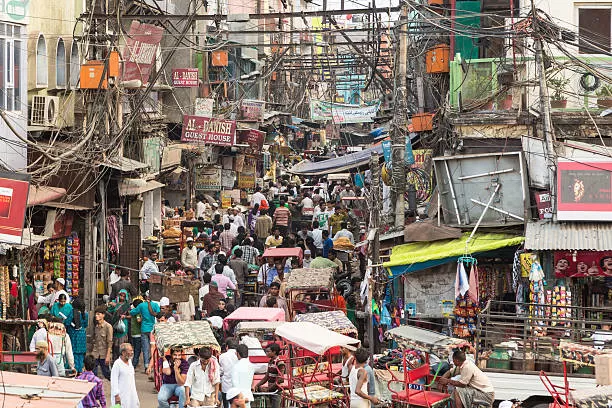
For travelers planning to hire staff abroad, understanding local labor laws is critical. India’s employment regulations vary by state, covering wages, working hours, and termination procedures. Robbin Schuchmann, Co-founder of EOR Overview, highlights, “Missteps here can lead to compliance issues, legal disputes, or unexpected fines. You’ll also need to consider India’s strict rules around worker classification.”
Misclassifying employees as contractors can trigger audits or back payments for social security contributions like the Employees’ Provident Fund (EPF). Consult a local HR expert and refer to the Ministry of Labour and Employment for guidance.
7. Obtain Permits for Specialized Equipment
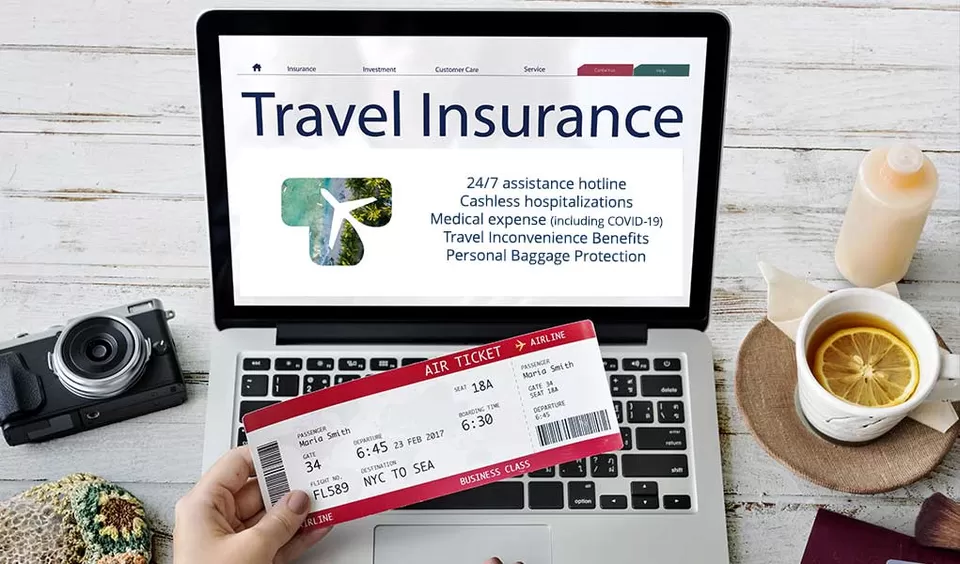
Certain devices, such as satellite phones or high-powered GPS units, are heavily regulated in some countries. In India, bringing a satellite phone without permission from the Department of Telecommunications can lead to confiscation or detention. Gerti Mema, Marketing Manager at Equipment Finance Canada, recounts, “A business colleague had his Thuraya satellite phone confiscated at Mumbai airport last year.”
The permit application process takes about six weeks and involves background checks. Verify regulations through the Department of Telecommunications and ensure your equipment complies with local laws.
8. Research Property Purchase Restrictions

If you’re considering buying property abroad, be prepared for strict regulations. In India, foreigners generally need approval from the Reserve Bank of India (RBI) and are prohibited from purchasing agricultural land. Juan Cava, Co-Founder of Cash For Your Home, advises, “Get a reliable local property lawyer who knows the Foreign Exchange Management Act inside and out, as they can help avoid costly legal issues.”
Non-resident Indians face fewer restrictions but still encounter limits on property ownership. Consult the Reserve Bank of India for detailed guidelines.
9. Understand Local Alcohol and Drug Laws

Laws governing alcohol and narcotics vary widely, even within a single country. In India, each state has its own regulations on alcohol consumption, legal drinking age, and public use. Manasvini Krishna, Founder of Boss as a Service, warns, “Lots of medications you may be carrying from your home country may not be available or allowed in India, so take generics or avoid carrying non-essential drugs.”
Research state-specific laws through local tourism boards or your hotel. For example, Gujarat is a dry state, where alcohol is largely prohibited. Check India’s Narcotics Control Bureau for drug regulations.
10. Secure Comprehensive Travel Insurance

Travel insurance is a legal and practical necessity, especially for medical trips. Lori Leonard emphasizes, “The key legal requirement is getting proper travel insurance that covers medical emergencies.” Without it, you may face significant financial and legal challenges if you require medical care abroad.
Choose a policy that covers medical evacuation, trip cancellations, and legal assistance. Verify coverage details through providers like World Nomads, which offers plans tailored for international travel.
11. Respect Local Customs and Photography Laws

Cultural sensitivity can have legal implications. In India, photographing government buildings, airports, or police checkpoints can lead to questioning or confiscation of your camera. Derek Pankaew advises, “Don’t take photos of airports, government buildings, or police checkpoints. It may seem harmless, but you might be asked to delete them or explain yourself.”
Familiarize yourself with local customs and ask permission before photographing people or religious sites. Refer to India’s Tourism Ministry for cultural guidelines.
12. Plan for Financial Transactions

Carrying large amounts of cash or using foreign credit cards can raise red flags in some countries. India imposes limits on cash imports (typically USD 5,000 or equivalent), and undeclared amounts may be seized. Use ATMs or digital payment apps like Google Pay, but ensure your bank is notified of your travel plans to avoid card freezes.
Check currency regulations via the Directorate of Enforcement to stay compliant.
Conclusion:
Traveling abroad is a rewarding experience, but it requires meticulous legal preparation. From securing visas and permits to cleaning digital devices and respecting local laws, travelers must be proactive to avoid legal entanglements. As the experts cited in this article emphasize, ignorance of the law is no excuse—especially in a country like India, where regulations are strictly enforced. By researching requirements, consulting local experts, and planning ahead, you can ensure your trip is memorable for all the right reasons.
Before you pack your bags, double-check official resources, secure necessary documentation, and invest in comprehensive travel insurance. With these precautions in place, you’ll be free to immerse yourself in the wonders of your destination, confident that you’re traveling legally and responsibly.





